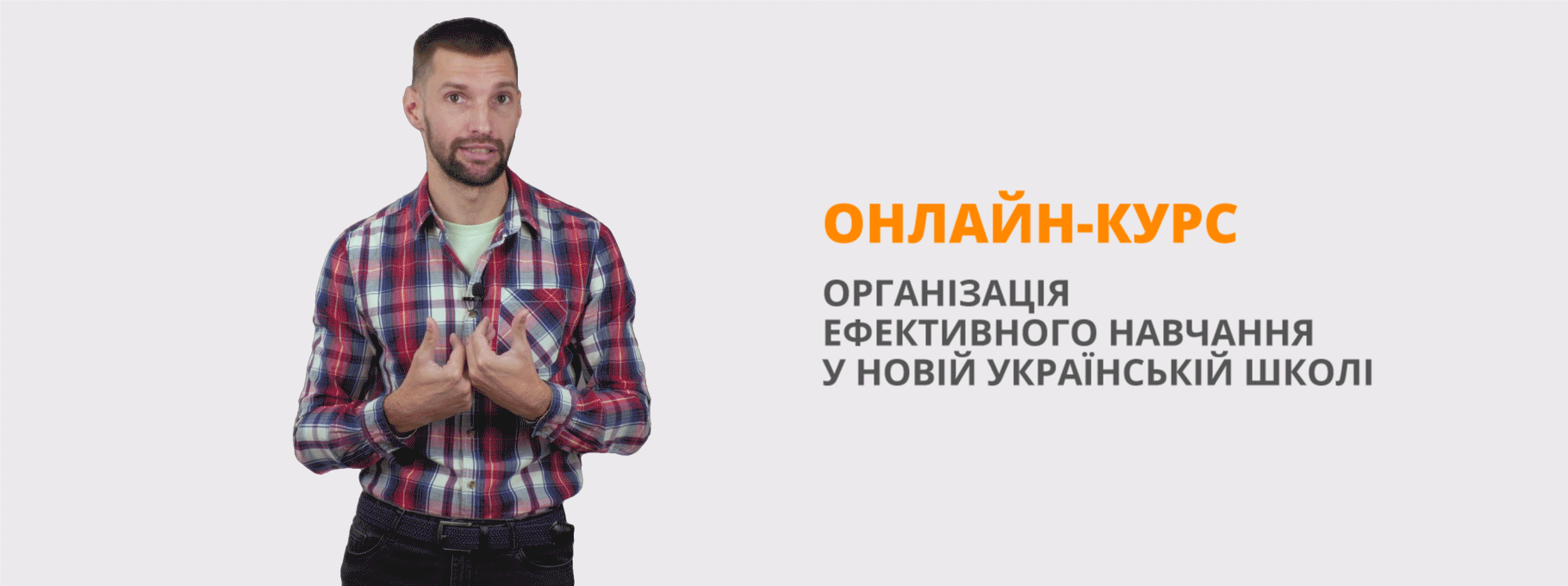Reading Test











Play to win 16-year-old Harry Moore writes about his hobby, tennis. My parents have always loved tennis and they’re members of a tennis club. My older brother was really good at it and they supported him – taking him to lessons all the time. So I guess when I announced that I wanted to be a tennis champion when I grew up I just intended for them to notice me. My mother laughed. She knew I couldn’t possibly be serious, I was just a 4-year-old kid! Later, I joined the club’s junior coaching group and eventually took part in my first proper contest, confident that my team would do well. We won, which was fantastic, but I wasn’t so successful. I didn’t even want to be in the team photo because I didn’t feel I deserved to be. When my coach asked what happened in my final match, I didn’t know what to say. I couldn’t believe I’d lost – I knew I was the better player. But every time I attacked, the other player defended brilliantly. I couldn’t explain the result. After that, I decided to listen more carefully to my coach because he had lots of tips. I realised that you need the right attitude to be a winner. On court I have a plan but sometimes the other guy will do something unexpected so I’ll change it. If I lose a point, I do my best to forget it and find a way to win the next one. At tournaments, it’s impossible to avoid players who explode in anger. Lots of players can be negative – including myself sometimes. Once I got so angry that I nearly broke my racket! But my coach has helped me develop ways to control those feelings. After all, the judges have a hard job and you just have to accept their decisions. My coach demands that I train in the gym to make sure I’m strong right to the end of a tournament. I’m getting good results: my shots are more accurate and I’m beginning to realise that with hard work there’s a chance that I could be a champion one day.
Harry thinks he said that he was going to be a tennis champion in order to
How did Harry feel after his first important competition?
What does Harry try to remember when he’s on the court?
What might a sports journalist write about Harry now?
What does Harry say about his behaviour in tournaments?
If you think of the jobs robots could never do, you would probably put doctors and teachers at the top of the list. It's easy to imagine robot cleaners and factory workers, but some jobs need human connection and creativity. But are we underestimating what robots can do? In some cases, they already perform better than doctors at diagnosing illness. Also, some patients might feel more comfortable sharing personal information with a machine than a person. Could there be a place for robots in education after all?
British education expert Anthony Seldon thinks so. And he even has a date for the robot takeover of the classroom: 2027. He predicts robots will do the main job of transferring information and teachers will be like assistants. Intelligent robots will read students' faces, movements and maybe even brain signals. Then they will adapt the information to each student. It's not a popular opinion and it's unlikely robots will ever have empathy and the ability to really connect with humans like another human can.
One thing is certain, though. A robot teacher is better than no teacher at all. In some parts of the world, there aren't enough teachers and 9–16 per cent of children under the age of 14 don't go to school. That problem could be partly solved by robots because they can teach anywhere and won't get stressed, or tired, or move somewhere for an easier, higher-paid job.
Those negative aspects of teaching are something everyone agrees on. Teachers all over the world are leaving because it is a difficult job and they feel overworked. Perhaps the question is not 'Will robots replace teachers?' but 'How can robots help teachers?' Office workers can use software to do things like organise and answer emails, arrange meetings and update calendars. Teachers waste a lot of time doing non-teaching work, including more than 11 hours a week marking homework. If robots could cut the time teachers spend marking homework and writing reports, teachers would have more time and energy for the parts of the job humans do best.
Most jobs seem as if they can be done by robots or computers.
Robots are always better at diagnosing illnesses than doctors.
Many experts agree robots will replace teachers by 2027.
One advantage of robot teachers is that they don't need to rest.
Robot assistants could help teachers by marking homework and writing reports.
Some teachers use robots to reduce their time answering emails and marking homework.
It's easy to think robots …
Anthony Seldon thinks teachers in the future will …
Robots will probably never …
Some parts of the world ...
Teachers …
Robots could …

Створюйте онлайн-тести
для контролю знань і залучення учнів
до активної роботи у класі та вдома

















